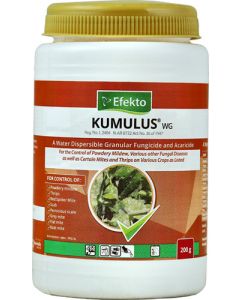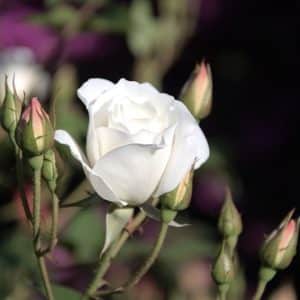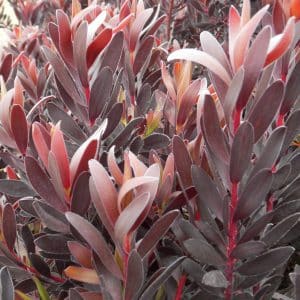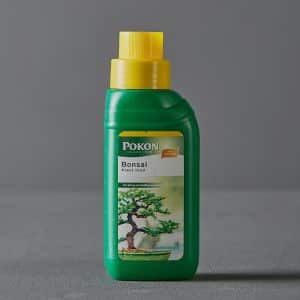Plant smart and save water
DIY and how-to
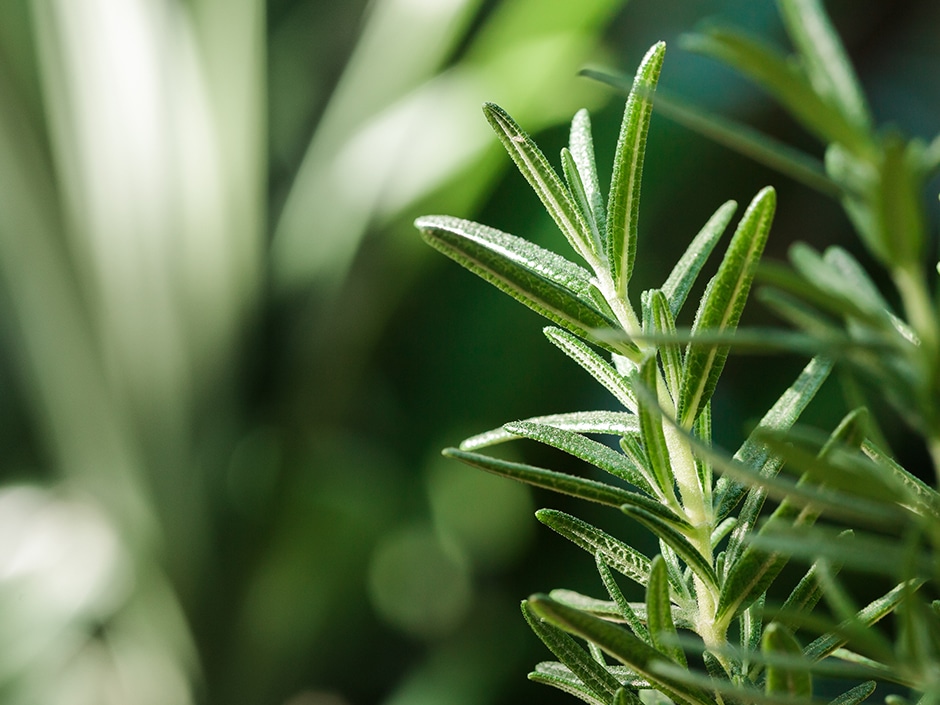
Many gardeners believe that water restrictions mean one of two options: either let your garden die, or spend hours watering all your plants by hand. However, there is a huge variety of waterwise plants that thrive on little or no water. In nature drought conditions are common and therefore certain plants have adapted to grow and thrive without much water. These plants are not limited to cacti and succulents, but include numerous beautiful flowering plants that are simply waterwise alternatives to everyday plants.
Not sure what plants are waterwise? Look out for the following characteristics:
Small or needle-like leaves – The smaller the surface area of the leaf, the less water is lost due to evaporation. Examples include ericas, acacias, rosemary, origanum and thyme.
Reduced number or leaves/closing leaves – Certain plants shed leaves or have leaves that fold closed to reduce moisture loss. These plants close their leaves to reduce the amount of leaf exposed to direct sunlight. Examples include Karee tree, acacias and buffalo thorn.
Grey foliage – The colour grey reflects the sun’s rays away from the plant, thereby keeping it cooler and reducing moisture loss. Examples: lavender, artemesia and arctotis.
Hairy leaves – The function of hair on the leaves is to slow down air movement past the leaves and thereby reduce water loss. Examples: silver tree, lamb’s ear, beach salvia and helichrysum.
Succulent leaves – Water is stored in these leaves for use by the plant in times of drought. Examples: crassula, aloe, echeveria and vygies.
Waxy leaves – The waxy coating on the leaves helps to seal in moisture. Examples: euonymus, kalanchoe and Indian hawthorne.
Leaves that are lighter underneath – When these plants become water-stressed, they turn the lighter side of the leaves upwards to reflect the sun away. Examples: wild olive, gazania and indigenous buddlejas.
We have a wide variety of water-wise plants at our five garden centres. If you need help choosing water-wise varieties don’t hesitate to ask any of our horticulturists.
You might also like
Shop online
-
KUMULUS 100ML
- R124.99
-
ICEBERG ROSE 17cm
- R89.99
-
Cone Bush
- R179.99 – R199.99
-
Pokon Bonsai 250ml
- R59.99

